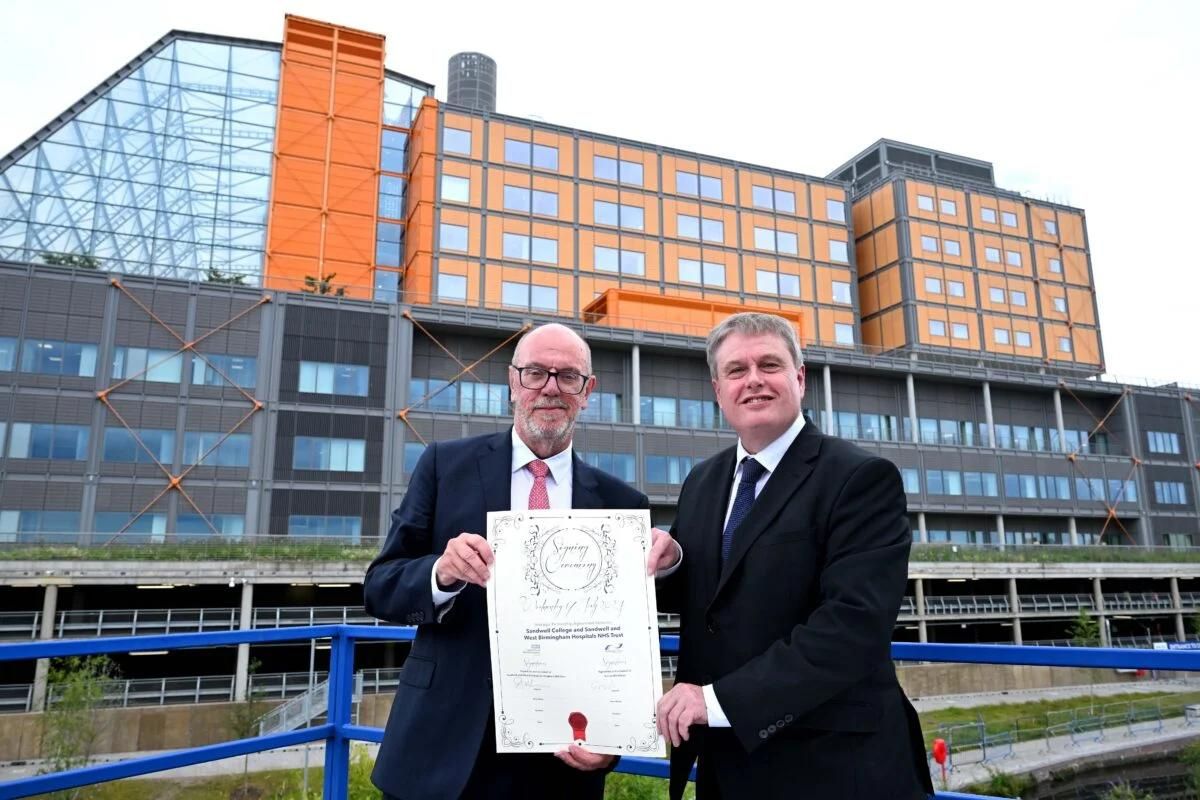Ministers urged to save vital college counselling service

College leaders are calling on the Scottish Government to intervene to save 80 mental health counselling jobs at risk of potential redundancy.
The roles have been funded since 2018 and allow students to access counselling at colleges and universities.
The service was put in place even before the pandemic and the cost-of-living crisis as mental health issues were recognised as having a huge impact on student wellbeing.
Now 21 college Principals have written to the Scottish Government to ask for the vital service to be saved as funding is only in place until July.
Jon Vincent, Principal of Glasgow Clyde College and mental health lead for the college sector, said the risk of potential redundancy for highly skilled counsellors is “very concerning.
“Over the past two years myself and other college leaders have repeatedly asked the Scottish Government to support the future of this vital service, but funding is only in place until the summer.
“We have recruited counsellors to help save lives on campus, give very vulnerable students support, and be our experts in-house to deal with mental health issues.
“But there has been no confirmation from the Scottish Government about whether the intention is for campus counselling to continue.
“As employers we don’t have the money to carry on the service from our own budgets and we need the scheme to receive ongoing funding separately as it has done for the past four years. We also need to give our employees some certainty about whether they are able to stay on.
“Counselling is a now a core part of what we are offering students to help them complete their courses and cope with anxiety, depression, and sometimes even suicidal thoughts.
“Given the worrying number of unwell students counselling helps each year it seems completely counter intuitive to stop the scheme. We are also keeping demand away from the NHS which is itself struggling to cope with asks for mental health appointments.
“We have now asked the Scottish Government to be clear about whether they are going to continue funding the programme – we need to have some clarity on behalf of our students and staff.”
In November 2022 the Mental Health Foundation published research which unveiled the scale of mental health issues for college students in Scotland. The Thriving Learners study found that more than half of students surveyed (54%) reported having moderate, moderately severe, or severe symptoms of depression. More than half (55%) said they had concealed a mental health problem due to fear of stigmatisation.
Allie Scott, co-chair of the College Counselling Network Scotland, said she was worried for college student health and wellbeing going forwards.
“The early interventions and triage support which mental health counsellors offer has helped to keep demand away from the NHS.
“We’re not a replacement for the specialised care the NHS provides but we can be the difference between a student completing their course and finding a route out of despair or those who go on to make more troubling decisions which alter their life outcomes, sometimes forever.
“The lack of commitment to continued funding is extremely worrying. If the service isn’t funded for the future, and the existing counselling workforce move on to other opportunities, it will be very difficult to reconstruct down the line if funding ever did become available.”
Funding for counsellors to be based in colleges and universities was launched in 2018 by the First Minister with a funding commitment of up to £20m in a four-year pilot programme, which was extended to five years because of the pandemic.
Only £14.5m has been spent from the pledged £20m, and college Principals are also asking what the intention is around the £5.5m left that remains unspent.
Colleges Scotland has received no assurances or a clear indication from the Scottish Government that the scheme is either to be continued, or wound up, after first asking for clarity on the future of the scheme nearly two years ago.











Responses